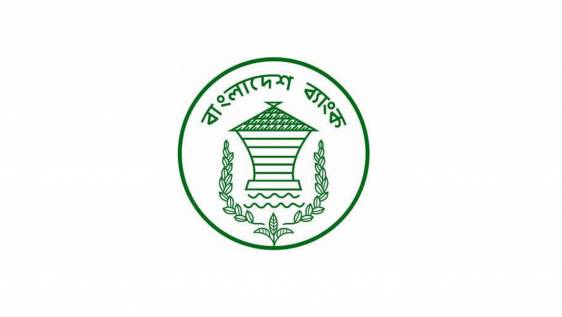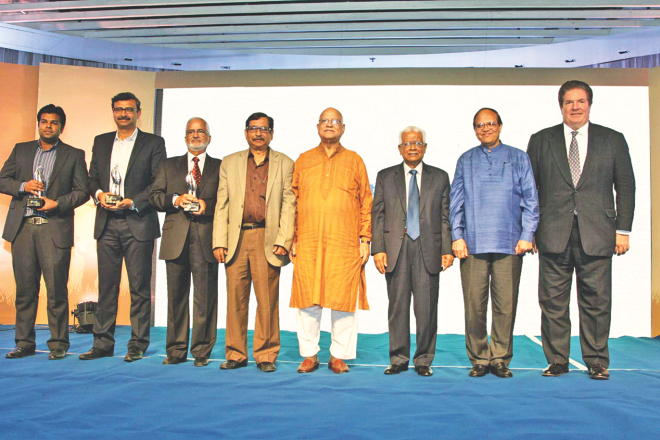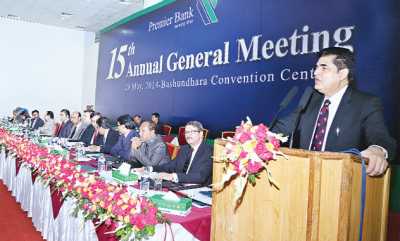Bangladesh Bank Chief Economist Hassan Zaman yesterday said the country may achieve maximum 6.5% growth in the next fiscal year.
“My personal view is that the next year the best we can aspire to 6.5% growth,” he said at a dialogue organised by Policy Research Institute in the city.
He was critical of the projected growth of the government and found it unrealistic.
“I would argue that actually it [growth target] is not all that realistic in next two to three years. I think to get about 7% growth, we need Dhaka-Chittagong highway to become four-lane, we need Padma Bridge to be built and we need stronger financial sector,” he said.
“These are needed to have 7% growth on a sustainable basis,” he said.
About the role of PRI, he questioned why the institute did not suggest a realistic growth target while giving the government advice.
The PRI was helping the planning commission set the growth target.
“Those who work on a future plan, PRI or who are advising the government on the future plan that you do a proper growth diagnostic and realistic about what target you set because those targets will feed into the budget, those targets will reflect revenue projections and those revenue projections then affect expenditure,” he said.
The growth target was 7.2% for the last fiscal year, but the actual achievement was 6.0%.
Hassan said the US consumers paid about $800-$900 million for importing apparel from Bangladesh.
If tariff is removed, it would help create half a million job in the country and it would have more impact on Bangladesh than by providing $200 million aid from the USA, he said.
He suggested that if tariff is not removed, out of the total amount, a portion of it should be channelled to Bangladesh and other countries for the improvement of factories as the US is voicing concern over insecurity in workplaces.
USAID Chief Economist Stephen O’ Connell said it was a creative suggestion.
“The recent WTO agreements have committed the industrialised countries to ramp up their trade facilitation process and it seems to me that if we, the industrialised countries, cannot get it together to fulfil the commitments, it will be a shame,” he said.
“It seems to me that they are long-waited and substantial and I am hoping that USAID, other parts of the US government and the government of Bangladesh will be able to engage productively in wrapping that up,” he added.
News;Dhaka Tribune/29-May-2014




 Winners of Standard Chartered-Financial Express Awards pose with Finance Minister AMA Muhith and
Winners of Standard Chartered-Financial Express Awards pose with Finance Minister AMA Muhith and  Mashrur Arefin, Deputy Managing Director and COO of
Mashrur Arefin, Deputy Managing Director and COO of